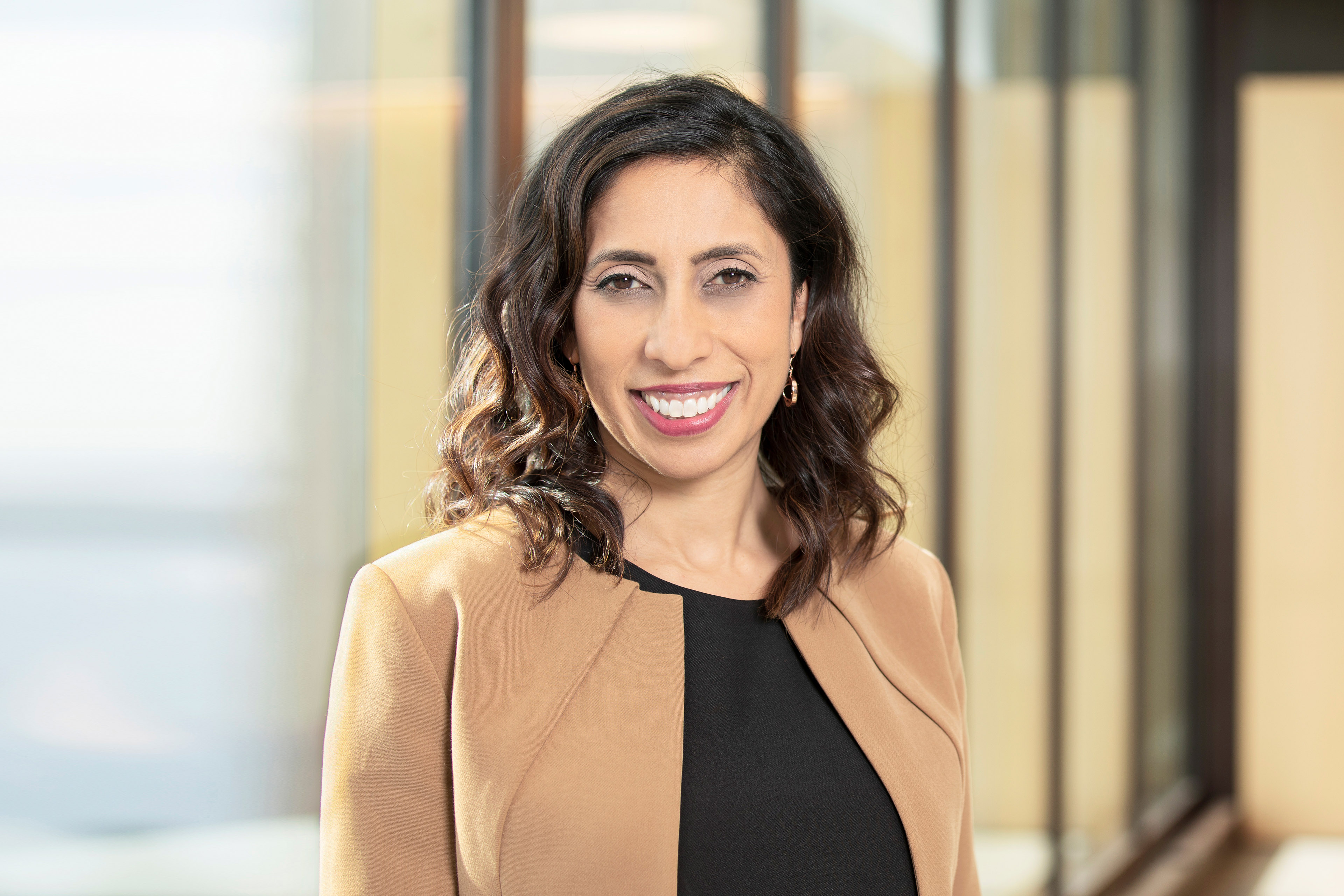EY refers to the global organization, and may refer to one or more, of the member firms of Ernst & Young Global Limited, each of which is a separate legal entity. Ernst & Young Global Limited, a UK company limited by guarantee, does not provide services to clients.

Click to listen to our latest episodes:
Few have the ability to tell the human stories of driving change in business like EY Regional Deputy CEO and People and Culture Leader for Oceania, Jenelle McMaster.
In the Change Happens podcast series, Jenelle reveals how to apply the unique lessons learned by top leaders, who harness the transformative power of change, to tackle the biggest issues businesses face today.
Through story and conversation, Jenelle highlights the importance of workplace culture, and how leaders are using technology to address their biggest strategic challenges and drive change.
Season 6
Direct to your inbox
Stay up to date with the latest episode of the Change Happens podcast.



